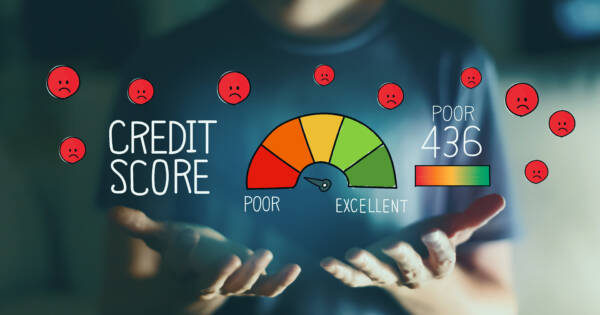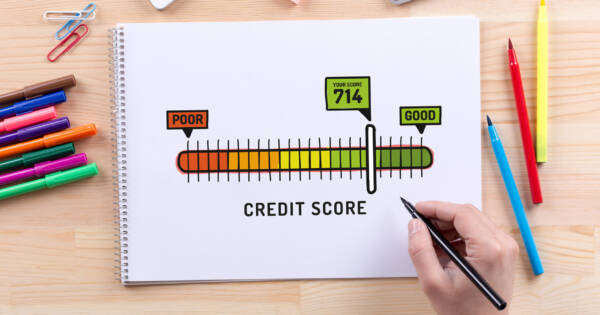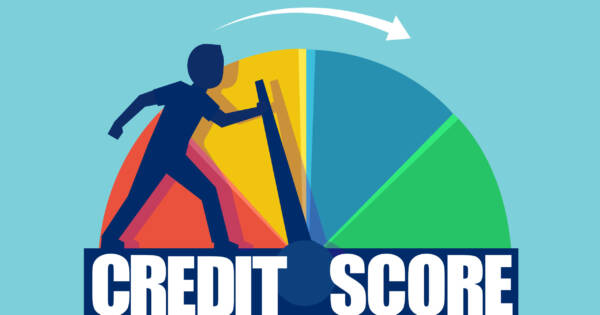Individuals grappling with debt may be contemplating whether the new year presents an ideal opportunity to tackle financial obligations. With fluctuating economic conditions, setting a goal to pay off debt could bring significant financial security and peace of mind. Implementing strategic planning and effective debt management techniques might pave the way for financial freedom. Understanding key strategies for managing and eliminating debt enables individuals to embark on a path toward long-term financial health.
Assessing Your Financial Situation
Before focusing on debt repayment, it’s crucial to assess your current financial situation comprehensively. Begin by listing all debts, including credit cards, student loans, mortgages, and car payments. Understanding the total amount owed and the interest rates associated with each debt helps prioritize repayment efforts.
Create a detailed budget that reflects your income, expenses, and debt obligations. This provides a clear picture of your financial status and highlights areas to cut costs. Budgeting might reveal hidden opportunities to allocate additional funds toward debt reduction. Once your financial landscape is mapped out, you can develop a precise and realistic debt repayment plan.
Setting Clear and Achievable Goals
Setting clear and achievable financial goals can be instrumental in maintaining motivation and progress. Break down the debt repayment process into smaller, manageable milestones that align with your budget and financial capacity. Setting specific targets, such as paying off a particular credit card by a certain date, can provide motivation and a sense of accomplishment.
Consider using SMART goals—Specific, Measurable, Achievable, Relevant, and Time-bound—as a framework for setting your objectives. By creating defined goals, you can more easily track progress and celebrate victories along the way. This structured approach fosters both accountability and focus on your journey toward financial freedom.
Choosing the Right Repayment Strategy
Selecting an effective debt repayment strategy is essential for achieving success. Two popular methods, the snowball and avalanche methods, offer different approaches depending on individual preferences and financial situations. The snowball method involves paying off smaller debts first to build momentum and motivation, while the avalanche method prioritizes debts with higher interest rates to save money on interest over time.
Both strategies have their merits. The snowball method can provide quick wins that boost morale, whereas the avalanche method may result in quicker overall debt elimination. Choosing the method that best suits your personality and financial goals can increase the likelihood of sticking to your repayment plan.
Exploring Opportunities for Additional Income
Increasing your income could accelerate debt repayment efforts by providing additional resources to allocate toward financial obligations. Consider exploring freelance work, part-time jobs, or passive income sources that align with your skills and interests. Even small increments in income might significantly impact your ability to reduce debt.
Utilize the gig economy and online platforms that offer flexible work opportunities. Options such as ride-sharing, freelance graphic design, or online tutoring provide diverse avenues for additional income. Using extra earnings exclusively for debt repayment can expedite progress and bring you closer to financial freedom.
Reducing Expenses and Financial Waste
Minimizing unnecessary expenses and focusing on financial discipline could free up funds for debt elimination. Scrutinize monthly spending habits, identifying non-essential purchases that could be reduced or eliminated. Regularly reviewing and adjusting your budget ensures alignment with your repayment goals.
Simple changes, like cooking at home, opting for generic brands, or canceling unused subscriptions, might facilitate substantial savings. Additionally, negotiating recurring expenses, such as insurance premiums or utility bills, can further minimize costs. A disciplined approach to spending empowers individuals to maximize resources for debt repayment.
Evaluating Financial Assistance Programs
In certain situations, financial assistance programs and resources might offer support for managing debt. Research government relief options, debt counseling services, or assistance from nonprofit organizations offering guidance and aid. These programs might provide education, advice, or financial resources to help navigate challenging financial circumstances.
Working with financial advisors or credit counseling agencies can offer insights and strategies into improving financial health. Ensure any chosen program is reputable and trustworthy to avoid scams or unfavorable terms. Staying informed about available options provides additional tools for success on the journey to debt freedom.
Achieve Financial Freedom in 2025
As 2025 approaches, the opportunity to focus on debt repayment may offer significant financial rewards and personal peace. By thoroughly assessing financial situations, setting achievable goals, selecting an effective repayment strategy, and exploring additional income avenues, individuals can strategically reduce debt burdens.
Embracing disciplined spending and seeking financial assistance when necessary further fuels successful debt elimination. Committing to these practices empowers individuals to pursue financial freedom confidently and successfully in the new year. Embrace the journey, and make 2025 a transformative year for your financial well-being.








